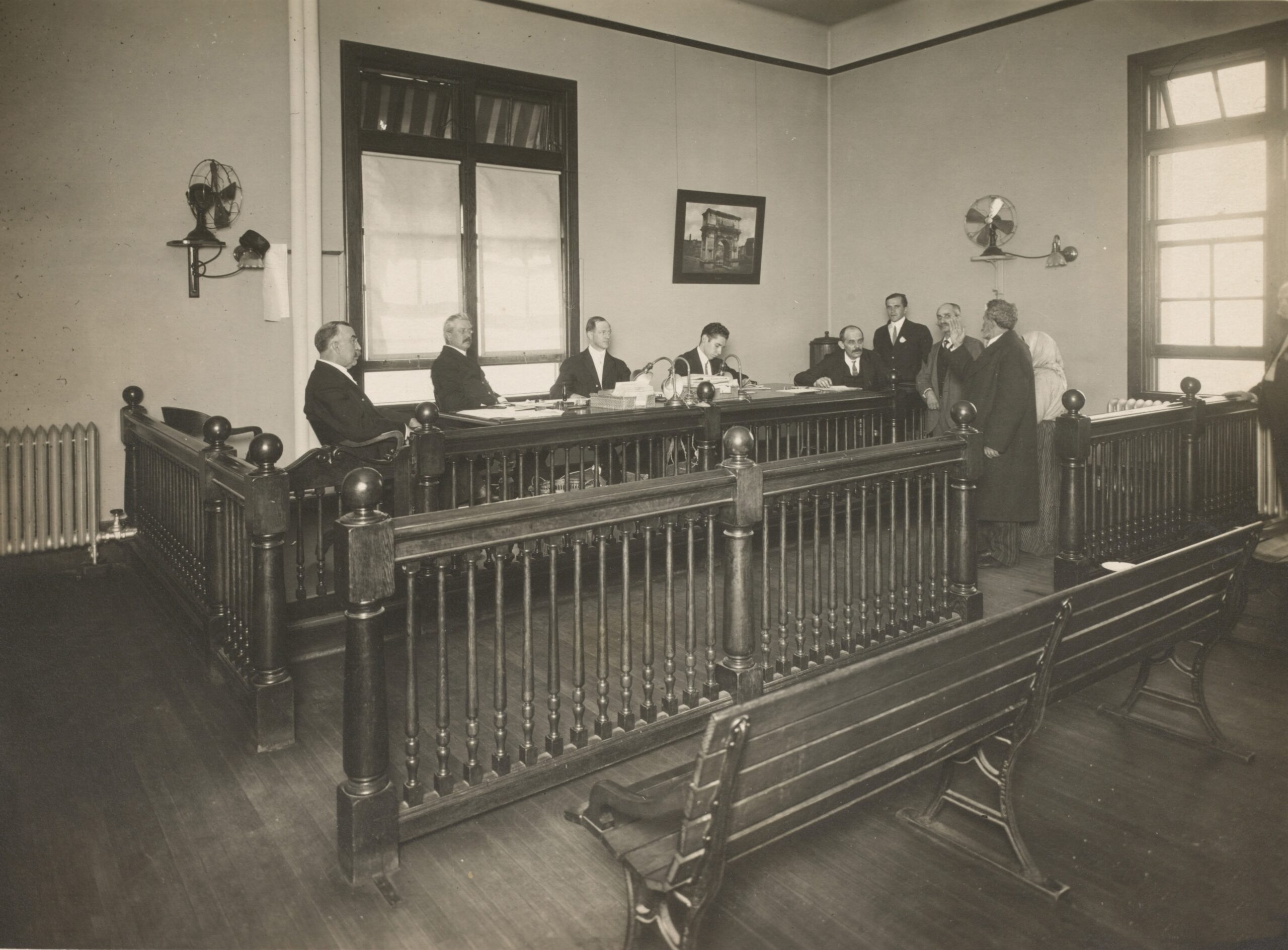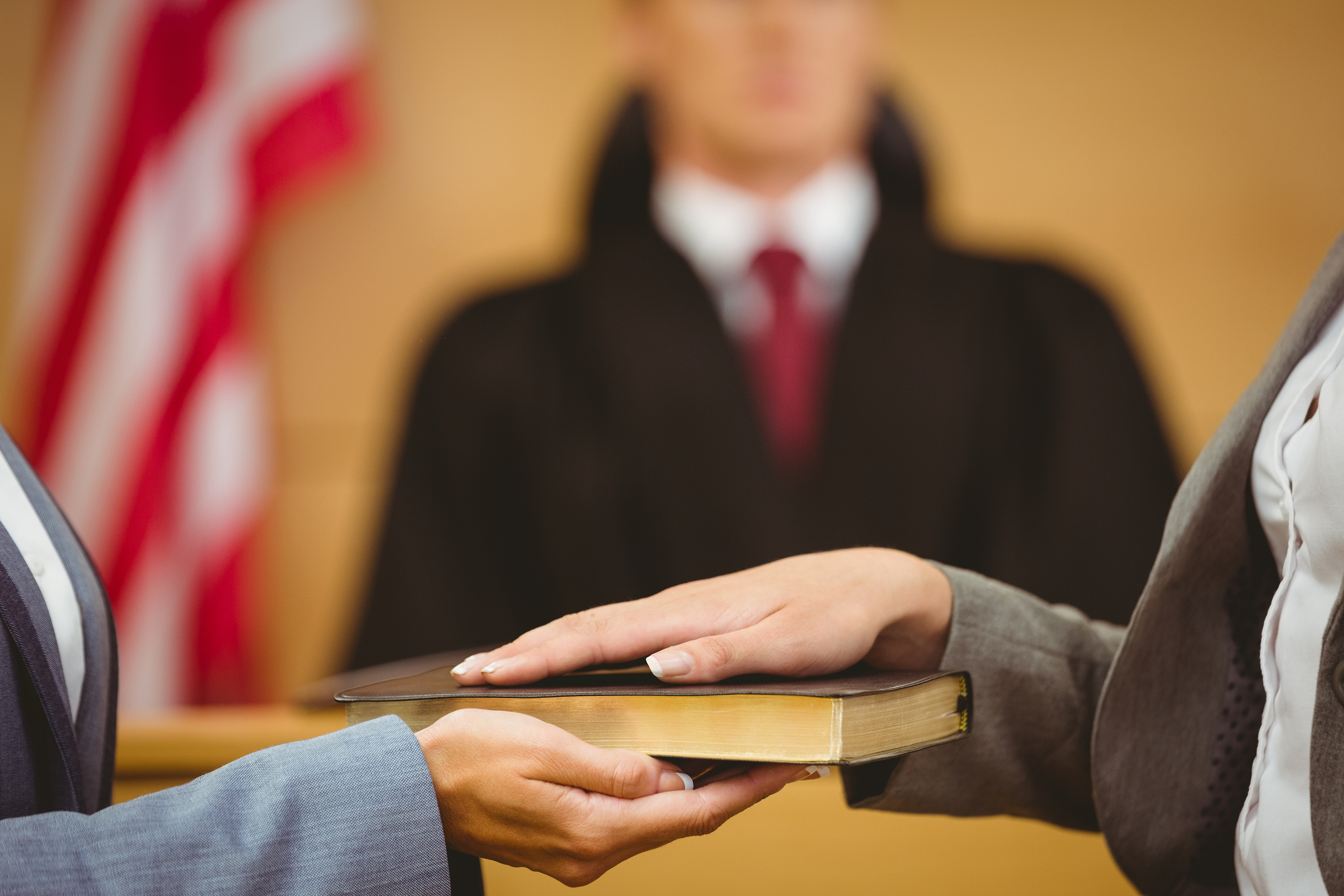9th Circuit Court of Appeals recent holding that habeas corpus applicant was required to show prejudice for a Brady violation in order to sustain the application
Ochoa was convicted in 1998 for a series of violent crimes against three female victims over a six-month period the previous year including murder, kidnapping, forcible rape, and assault with a deadly weapon. During the investigation, Ochoa voluntarily submitted to a polygraph and confessed to a murder and lead investigators to the murder weapon. Ochoa’s confession and the murder weapon were both admitted into trial. Ochoa was subsequently convicted.
What is Exculpatory Evidence?
Following his trial, Ochoa became aware that the prosecution failed to disclose the identity of a jailhouse informant who could have been used to impeach the credibility of a witness previously called to testify against him. Ochoa filed a motion for a new trial arguing that the prosecution committed a Brady violation by not turning over exculpatory evidence. Courts have found that the defendants in criminal cases have a due process right to exculpatory evidence. Exculpatory evidence is evidence that is favorable to the defendant in a criminal trial that exonerates or tends to exonerate the defendant of guilt. The US Supreme Court held in Brady v. Maryland 373 U.S. 83 (1963) that the prosecution has a duty to turn over exculpatory evidence to the defense as part of their due process right to a fair trial.
In this case, Ochoa argued that he deserved a new trial because the prosecution’s failure to reveal the jailhouse informant violated his rights as the informant could have been used to impeach or call to question, the witness’s credibility as part of his defense in chief. On appeal, the 9th Circuit of Appeals found that while the informant should have been disclosed, this did not rise to the level of a Brady violation. The 9th Circuit held that the absence of withheld testimony, while material, was not prejudicial to Ochoa’s case. The appellate court ruled that in this instance it would have been difficult to impeach the witness’s testimony, given the witness’s credibility, Ochoa’s own incriminating statements, knowledge of the location of the murder weapon, and forensic evidence that contradicted the informant’s testimony. The court also determined that the informant was simply not credible. Therefore, the key to proving a Brady violation turns not just on the existence of exculpatory evidence or as to whether it’s material to the defense’s case, but that it must be proved to have prejudiced the outcome of the trial.
the level of a Brady violation. The 9th Circuit held that the absence of withheld testimony, while material, was not prejudicial to Ochoa’s case. The appellate court ruled that in this instance it would have been difficult to impeach the witness’s testimony, given the witness’s credibility, Ochoa’s own incriminating statements, knowledge of the location of the murder weapon, and forensic evidence that contradicted the informant’s testimony. The court also determined that the informant was simply not credible. Therefore, the key to proving a Brady violation turns not just on the existence of exculpatory evidence or as to whether it’s material to the defense’s case, but that it must be proved to have prejudiced the outcome of the trial.
Contact An Experienced Criminal Defense Attorney At Wallin & Klarich
At Wallin & Klarich, we have over 40 years of experience in helping clients defend their freedom when accused of criminal activity. We will work tirelessly and use all of our legal skills and knowledge to help you achieve the best possible outcome in your case.
With offices in Orange County, Riverside, San Bernardino, Los Angeles, San Diego, West Covina, Torrance, and Victorville, there is an experienced and skilled Wallin & Klarich juvenile defense attorney available to help you no matter where you are located.
Contact our offices today at (877) 4-NO-JAIL or (714) 831-5293 for a free, no-obligation phone consultation. We will get through this together.



